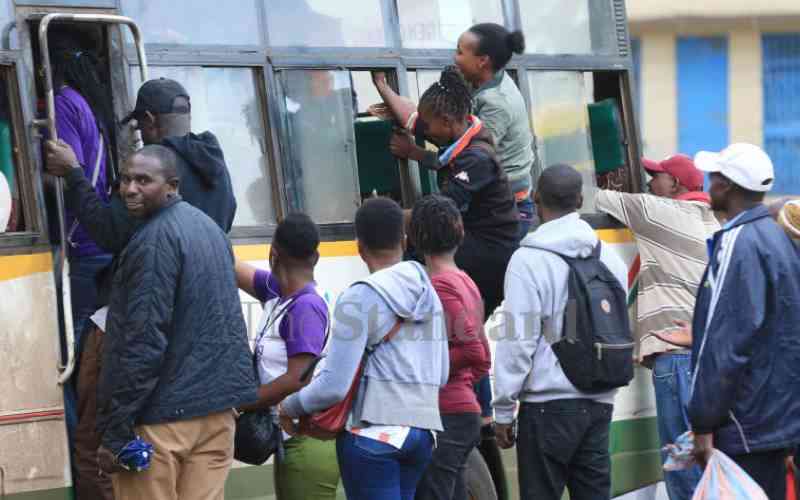×
The Standard e-Paper
Home To Bold Columnists

Common wisdom dictates that for anyone to be able to achieve a big dream, then one must be responsible enough with the small things first.
In the Holy Scripture, the book of Luke 16:10 admonishes us that if anyone is faithful with the little things, then the will equally be faithful with the big ones.